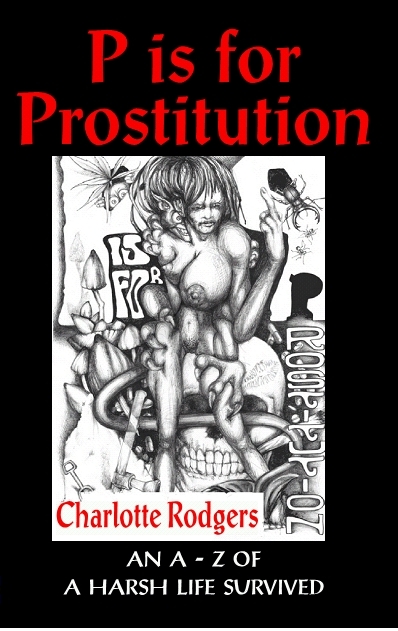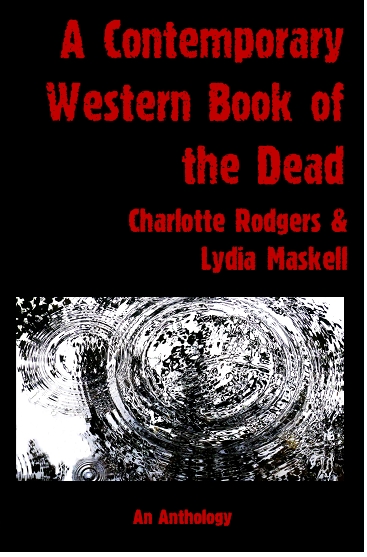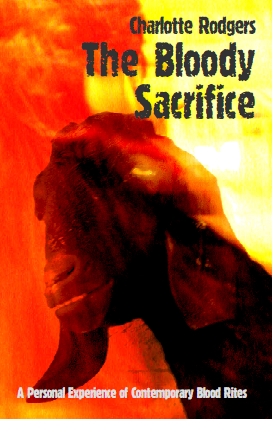
Last night I went to see the documentary Phantom Parrot, followed by a Q&A with the film’s producer, Steven Lake, and Muhammad Rabbani. Rabbani, who works for the human rights group Cage which campaigns for Muslims who have been held under War on Terror Laws, was the focus of the documentary which detailed his being impacted by the Schedule 7 terrorism laws in the UK, when he was held and questioned whilst going through customs. As he did not give the interrogating officers the passwords to his digital technology, they had the right to arrest and charge him. The subsequent conviction meant that he was permanently flagged on the system as being convicted of terrorism which hugely impacted on his freedom of movement and ability to perform his work and also resulted in his being prevented from attending screenings of this documentary in France and Holland.
It was hoped that the audience were shocked by the depiction of a law that simply enough is a construct to allow specific targeting of certain sectors of society and further marginalise them through the flagging of their details on global data bases. I wondered if anyone could be truly shocked by this, as the labelling, alienating and dehumanising of certain sectors of society and the creating of laws to enable this, has long been an established technique of control. Manipulating any innovative resources available to enable this has been a historical constant although perhaps my awareness of this simply comes because I’m old, cynical and have seen constant cycling of blanket terms being utilised; from ‘commies’ to derogatory terms for Vietnamese during the Vietnam war (terms used in military training in the US so that locals would be more easily considered as part of a random body count), the Irish and those who were early HIV sufferers (in the earlier days of the AIDS crisis, you were flagged if you had a test in New Zealand, and a question on insurance documents would ask not if you were HIV positive, but whether you even had the tests) being just a few examples.
Perhaps it is worse to not be shocked however by the ramifications of the documentary’s description of the horror of specific targeting when you have done nothing wrong and your voice is neither heard nor listened to, because simply enough you don’t matter, as this is represents a status quo that you consider a standard reality.
What I also found intriguing was that there seemed to have been no government objections or impediments to the documentary being made. I could assume that this was because whilst allowing the film to be made and shown appears as proof that this is a democratic society (despite the subject matter contradicting this) and its creation and public viewing won’t make a difference as laws of social control and protest have also developed concurrently to laws of surveillance, so now the government simply don’t consider publication of their methods to be a threat of any sort.
In the 1980’s when I lived in New Zealand my passport was flagged, so every time I travelled I was detained, searched and on one occasion strip searched and internally examined. This only stopped some years later when I started travelling on a British passport. This flagging started long before I became a registered drug user, probably around the time of the Springboks tour when security laws in New Zealand tightened, although customs at that point did pretty much what they wanted and had the right (as did firemen) to search private premises without a warrant.
I sort of rolled with it and even used to arrange my suitcase when I packed so it would look interesting when it was rifled through, pretty arrangements of tarot cards and such. However on occasion I would be traumatised by the searches, especially when I missed connecting flights and the customs agents were particularly abusive.
I was arrested or simply held in cells a few times in New Zealand as police in the country did pretty much what they wanted, especially in small towns. My encounters with this aspect of the legal system included being held in cold cells with no blankets where I was woken every 15 minutes or so on overnight stays; deliberately being held long enough without charges so I would withdraw from the drugs I was addicted to, and having my fingers deliberately broken during a house search and the police being indifferent to the injury which one of their number had caused. However by this point I was a registered drug user and was so marginalised and broken, I felt such treatment was part of the dynamic of my living on the edges of society. Although I had moments of rage and pain knowing I had done nothing wrong in many cases, most of these emotions came from my realisation of complete powerlessness.
In all these examples the worst authority figures were the young, modern law enforcers. The older school who often were ex forces could be brutal but they were upfront in their code of behaviour and could even on occasion, even be compassionate. However the younger generation with their ambiguous morality, power trips and big egos and modern ways, were very different and much trickier and more dangerous.
Okay as a young, pretty, white middle class girl I had a certain protection to a point, and eventually I was able to get out of that loop of existence, which many didn’t. As time moved on, security enforcement moved their focus to new realms, but I never forgot what it felt like being targeted like that and knowing you have no voice, and simply enough, did not matter.
I’ve recently been looking for work and the necessary paperwork of passports, driver’s license, and closely recorded life history, has caused me to realise how many people must be unable to provide this information. Both passports and drivers licenses are expensive to obtain and require comprehensive paper trails and when you add DBS checks in the mix, you have an intimidating pile of documentation that is granted to a narrow and select section of society.
So I was incredibly lucky in my ability to become a considered member of mainstream society. I was favoured by my skin tone, my country of birth and the pre digital time in which I transitioned there from living on the margins. This documentary reminded me that I would most likely not have achieved this now, and brought back memories of the feeling over having no voice, no right to justice and very little hope. These experiences create an empathy that brings with it an obligation for active reaction, even if simply in the form of this blog.



